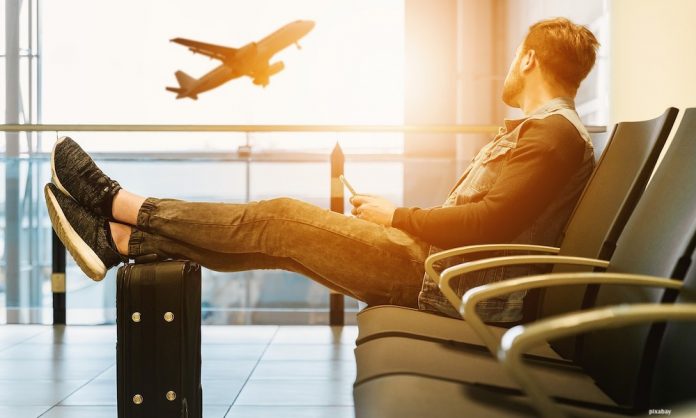Prospects for the recovery of business travel by air are highly uncertain, but it is expected to grow more quickly in developing regions than in advanced economies, said Moody’s Investors Service. “This will continue the trends seen since the global financial crisis, when growth in business travel in advanced economies lagged the overall market, with demand for leisure flying leading. “An increased focus on near-shoring of supply chains after the pandemic is likely to increase intra-regional or short-haul international business travel at the expense of long-haul trips,” the rating agency said in a note today.
Moody’s said the recovery in business travel would be driven by the gradual reopening of workplaces and a latent demand to make business trips, although companies’ duty of care to employees to safeguard against COVID-19 infections before vaccinations becoming widespread would partially restrict business travel. “We forecast that global revenue passenger kilometres (RPKs) will gradually recover, although they will not reach 2019 levels until at least 2023 and possibly later,” it said. Some forms of less-critical travel might never fully recover, with improving technology, company cost reductions, and environmental concerns might put pressure on business travel, it added.
The rating firm expects around 10 per cent and 30 per cent of business travel could be replaced by alternatives such as virtual meetings. It said an increased focus on costs and the efficiency of business travel would drive companies to reassess the need to make business trips. After previous downturns, business travel was slow to return, taking around three to five years for spending to exceed pre-crisis levels, it said. “We expect that the business travel market will eventually recover to 2019 levels, as the potential substitution of business trips by virtual meetings is gradually offset by growth in the remaining business travel market, although this is unlikely before 2024 at the earliest,” it said.
Moody’s expects large full-service carriers, mostly in advanced economies, would face greater pressure from a slow recovery in business travel. It said business travel is likely to be more profitable than leisure, but airlines would adapt to support profitability, with pricing across classes and types of passengers would be adjusted to increase cash receipts, regardless of whether travel is for business or leisure. Domestic business travel will return sooner, favouring carriers in large countries such as the United States, Brazil, Australia, Russia, and China, it added.




















